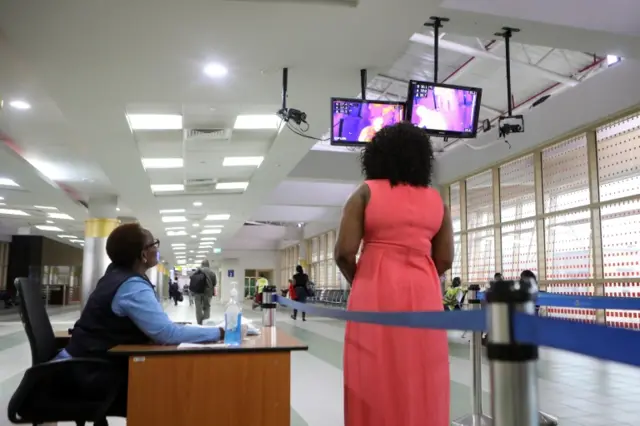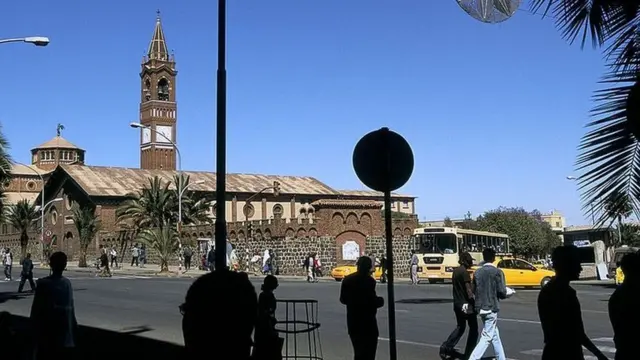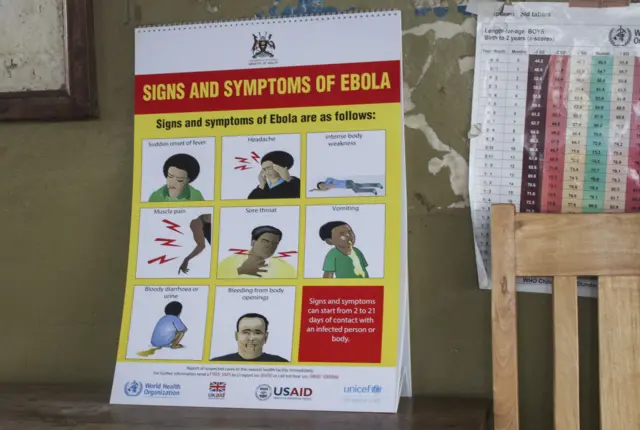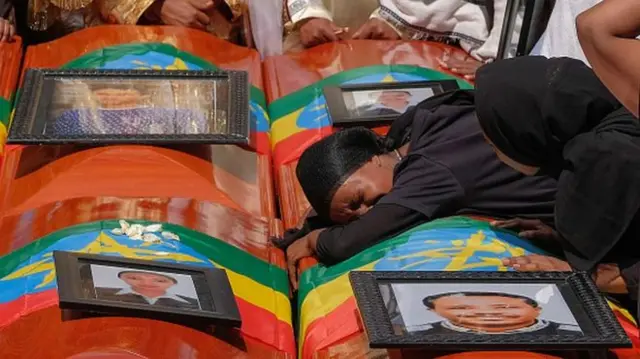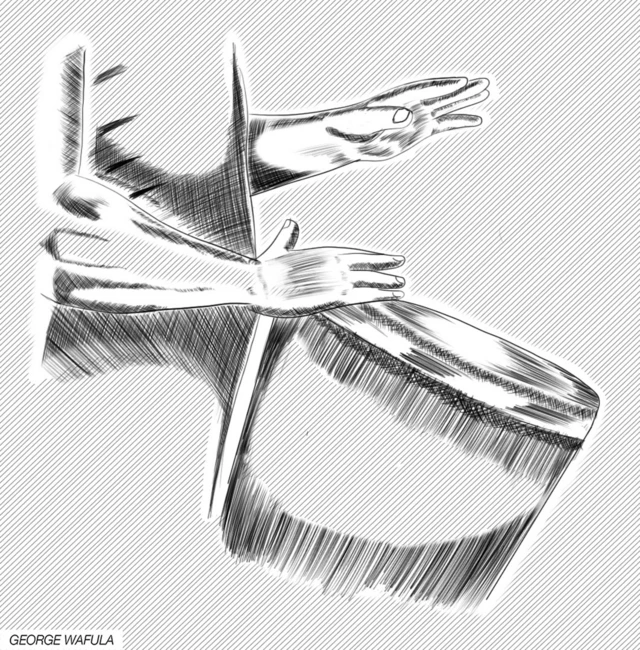Prescription drugs sold illegally in Ugandapublished at 10:10 BST 17 June 2019
The BBC has uncovered evidence that life-saving drugs meant for the sick have been stolen and sold on illegally.
Africa Eye has been undercover in Uganda to expose how some health workers there are at the heart of criminal networks:
Prescription drugs sold illegally in Uganda

